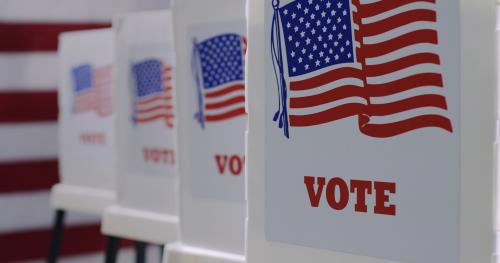Mr. Chairman, Senator Enzi, and members of the Committee, thank you for the opportunity to testify today, as the Committee takes steps to improve our current system for monitoring the safety of drugs. This year is a critical year for strengthening the ability of the Food and Drug Administration (FDA) to help Americans live longer and better lives through access to safe and effective medicines that keep getting better.
As you and others have noted, there are opportunities to improve the pre-market process for evaluating the safety of drugs, particularly through new resources that would enable FDA to develop better information tools for evaluating the safety data it receives as well as better scientific tools for evaluating preclinical and clinical safety. But the greatest opportunities for improvement are in the post-market process. Consequently, I will spend the bulk of my time outlining steps I believe we can to improve the post-market process for evaluating drugs after they are approved for marketing.
With the highly-publicized drug safety incidents involving Vioxx (a selective antiinflammatory drug) and newer antidepressants (selective serotonin reuptake inhibitors, or SSRIs) in 2004, followed by the Institute of Medicine’s recommendations for a range of changes to enhance postmarket drug safety at FDA in 2006, it is clear that our current system of monitoring the safety of marketed drugs can be significantly improved. I want to thank the Chairman and Senator Enzi, and the other members of this Committee and the Congress, for your leadership to address this challenge as effectively as possible. Your leadership, in conjunction with hard work by the FDA and new ideas from patient advocacy groups, product developers, and other stakeholders, has created a unique and unprecedented bipartisan opportunity to achieve a fundamentally more effective system for monitoring drug use and aggressively addressing the questions about safety that inevitably arise in the post-market setting.


Commentary
TestimonyFundamental Improvements in Drug Safety for the 21st Century: Time for a Systematic, Electronic Infrastructure
March 14, 2007